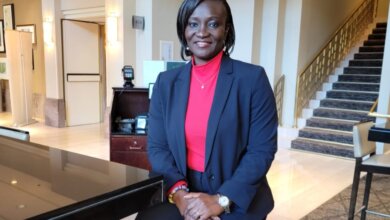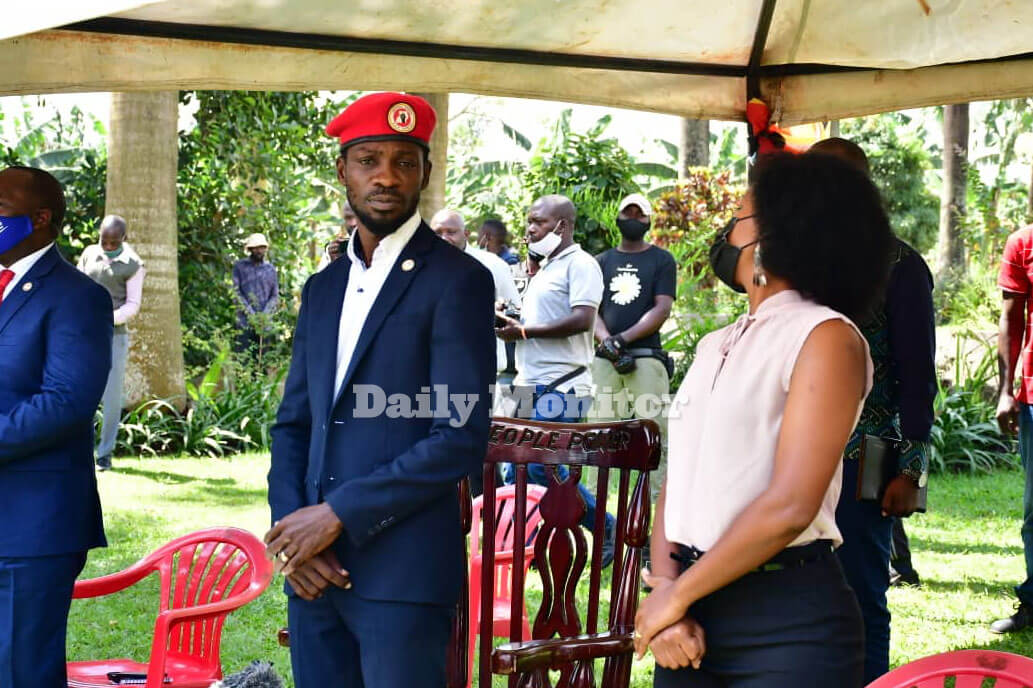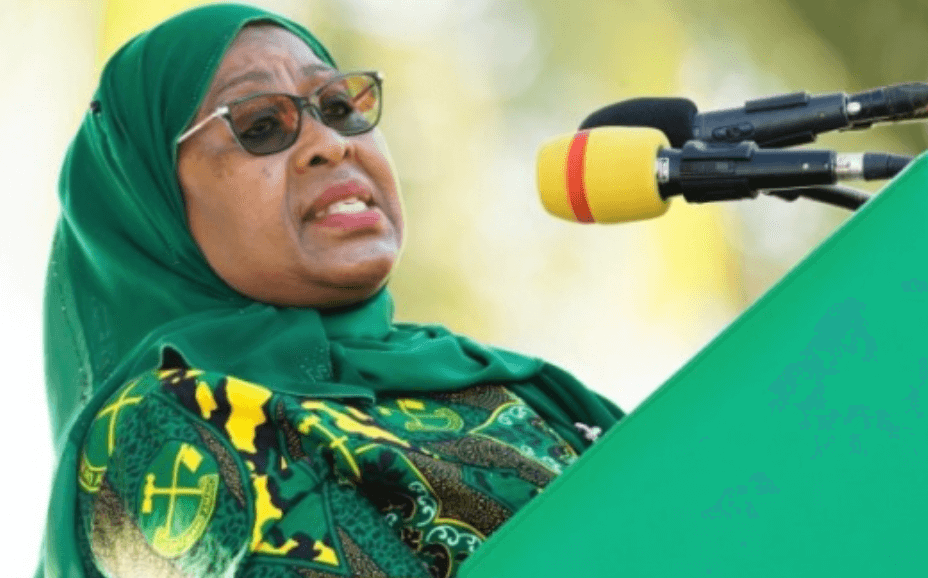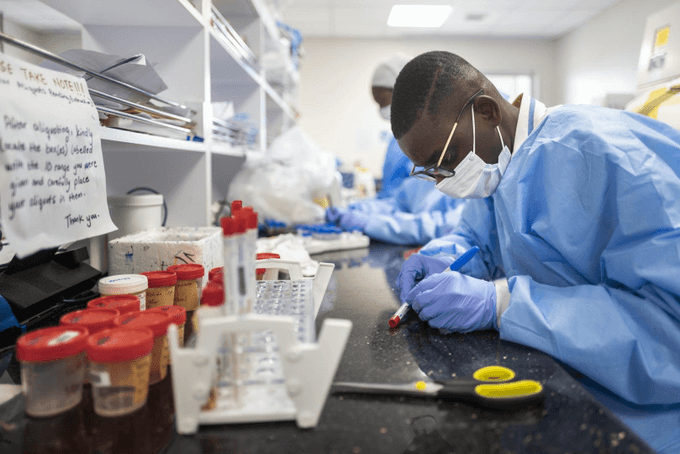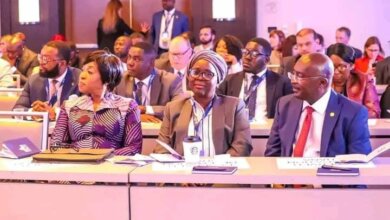South Africa becomes the first African country to lead the G20
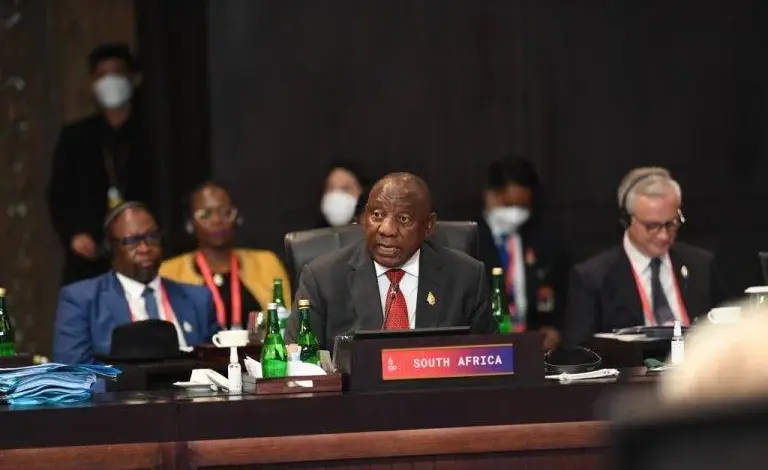
South Africa has taken over the presidency of G20, becoming the first African country to lead the group of the world’s most powerful nations. South Africa’s leadership of this group presents a unique opportunity to shape global policies and advocate for Africa’s interests on the world stage.
“It is an honour to accept, on behalf of the people of South Africa, the responsibility of the presidency of the G20 for the next year,’’ President Cyril Ramaphosa said in a speech as he took over the presidency from Brazil at the summit in Rio de Janeiro.
The year-long term officially begins on 1 December. He said South Africa will focus on advancing inclusive economic growth and sustainable development, arguing that it has adopted “solidarity, equality, and sustainability” as the theme of the tenure. He added that South Africa will seek to strengthen and advance the common pursuit of the Sustainable Development Goals and the Pact for the Future.
The Group of Twenty (G20), is an intergovernmental economic forum comprising 19 countries and two regional unions—the European Union (EU), and recently the African Union (AU). It represents 85 percent of the global economy, 75 percent of world trade, and 67 percent of the global population.
The G20 countries include Argentina, Australia, Brazil, Canada, China, France, Germany, India, Indonesia, Italy, Japan, Mexico, Russia, Saudi Arabia, South Africa, South Korea, Turkey, UK, and US, as well as the EU and AU.
President Ramaphosa urges G20 leaders to speak up on Gaza conflict
President Cyril Ramaphosa has urged the Group of 20 (G20) leaders to speak up against the violence in Gaza and work towards achieving a solution for both Palestinians and Israelis.
“As the G20 collective, we need to add our voices to ensure that the carnage that is taking place in Gaza is ended and that we work towards a just and lasting peace for both Palestinians and Israelis,” the President said on Monday, Nov. 18.
He reminded the leaders that the Palestinians’ right to self-determination was under the burden of a brutal and violent occupation. The President was speaking during the second session of the G20 Leaders’ Meeting in Rio de Janeiro, Brazil. He expressed satisfaction that reforming global governance institutions is a key focus during the G20 Leaders’ Summit.
“The reform of these institutions is more urgent now than ever before, and I believe that we all agree that for world governance to go forward these institutions must be reformed.” He emphasised that the world today confronts numerous challenges that pose a threat to global peace and justice.
“They pose a danger to the very existence of this very precious planet that we share.” The President mentioned soaring global temperatures, increasing inequality among nations and people, and growing geopolitical tensions in regions such as Ukraine, Gaza, and Sudan.
Multilateralism and modernisation
President Ramaphosa stressed the need for stronger multilateralism and a renewed commitment to the goals and principles of the United Nations (UN) Charter. The Head of State has called for respect for the UN Charter, urging all Member States to comply with its principles and international law.
“There can be no exceptions, and no country is immune from these obligations. We are all bound by the same rules. There is a need to both strengthen and reform multilateral mechanisms and institutions to address the challenges that the world faces.”
The President believes that these institutions need to be inclusive and representative. “Just as we call for the UN and UN Security Council to be inclusive and not leave others out. They must be able to respond to the needs of all persons and under all situations.”
He told the G20 leaders that the UN must remain the heart of multilateralism.
“The UN must lead the way in advancing peace and security, tackling poverty and under-development, and protecting human rights. And it must be capable of combating the use of hunger as a weapon of war, as we are now seeing in some parts of the world, including in Gaza and Sudan.”
To fulfil this mandate, President Ramaphosa emphasised the need to modernise the UN. “It must be more effective, agile, action-oriented and forward-looking. The global financial system must be fit for purpose,” he explained, adding that more ambitious targets should be set for grants and concessional financing.
This includes the special drawing rights that must be available for developing countries, particularly in Africa. In addition, he said multilateral coordination on debt must be enhanced, drawing in the private sector. He said that South Africa supports the call for the strengthening of the multilateral trading system and World Trade Organisation (WTO) reforms.
“We want to urge that the WTO must move towards reforms so that the trading system in the world is fair for all. These reforms must provide policy space for developing economies to achieve their development objectives and advance industrialisation.”
He also welcomed the call for the G20 to unlock the full potential of artificial intelligence and ensure its benefits are equitably shared. “We must improve and promote international cooperation on international governance for artificial intelligence.” In addition, he announced that South Africa supports an open, free, secure and people-oriented digital future.
“I wish to reiterate that South Africa fully supports the Brazilian Call to Action on Global Governance Reform made in New York two months ago. When we as South Africa take over the G20 Presidency on the 1st of December, we will take up this effort to strengthen and reform the multilateral system to effectively respond to global realities—and to ensure that no country is left behind and no one is left behind.”
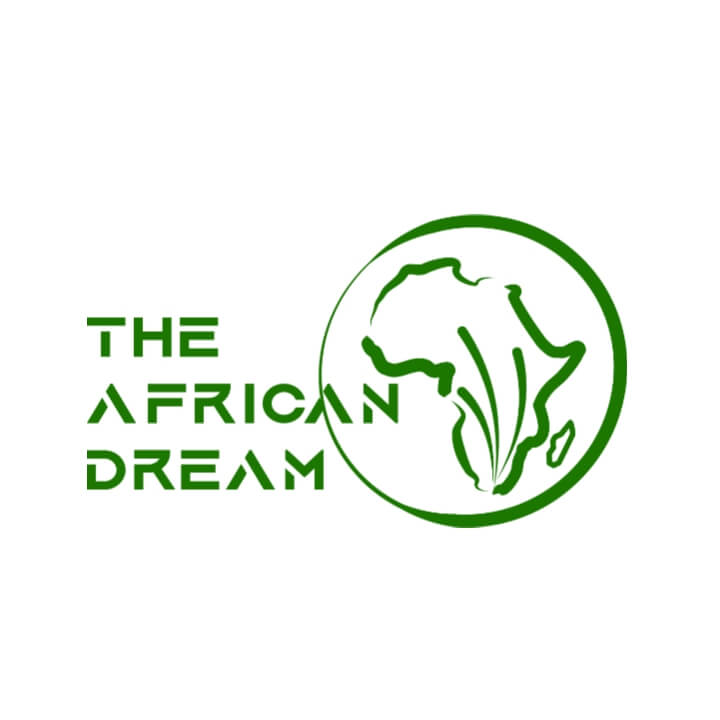
This article is published by either a staff writer, an intern, or an editor of TheAfricanDream.net, based on editorial discretion.

